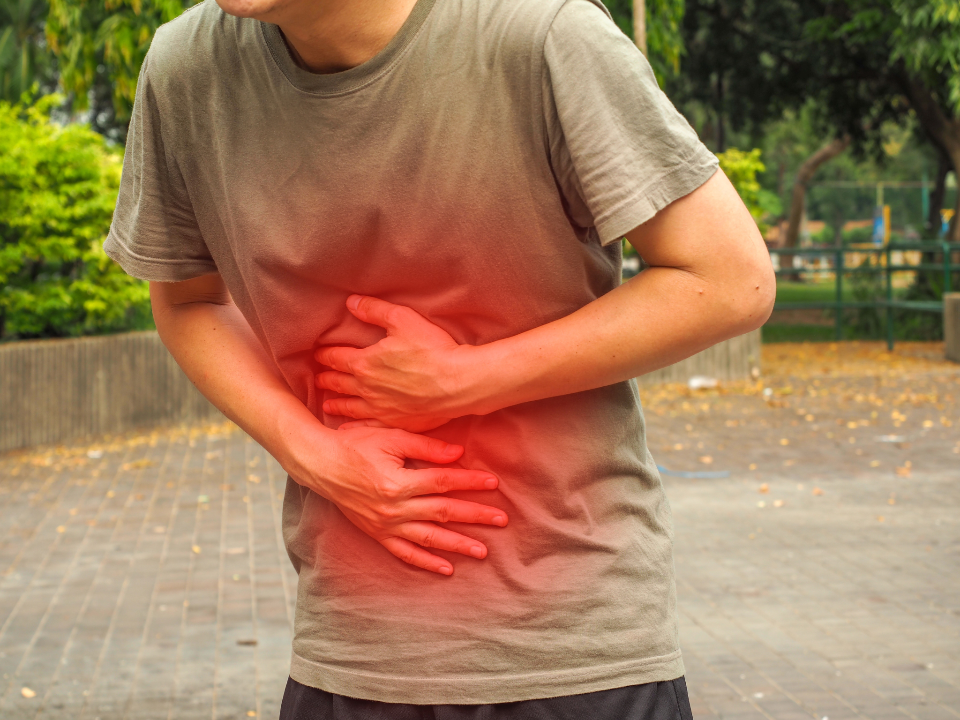When stomach cramps, nausea, or diarrhea strike, it can be hard to know if you are dealing with food poisoning or a stomach bug. While both can make you feel miserable, some differences can help you tell them apart and decide when to seek medical care.
What Is Food Poisoning?
Food poisoning happens when you eat food or drink water contaminated with harmful bacteria, viruses, or toxins. Symptoms usually begin quickly, often within hours of eating the food or drinking the water. Common culprits include undercooked meat, raw eggs, dirty water, unwashed produce, or food that has been left out too long.
What Is a Stomach Bug?
A stomach bug, also called viral gastroenteritis, is an infection caused by a virus such as norovirus or rotavirus. It spreads easily from person to person, especially in households, workplaces, schools, or daycare centers. Symptoms usually start a day or two after exposure and may last a little longer than food poisoning.
Signs and Symptoms
While both illnesses can cause stomach pain, nausea, vomiting, and diarrhea, there are subtle differences.
Food poisoning often causes:
- Sudden and intense stomach cramps
- Nausea and vomiting that start quickly
- Diarrhea that may be watery or bloody
- Symptoms begin within hours of eating suspicious food
A stomach bug often causes:
- Gradual onset of nausea, vomiting, and diarrhea
- Fever, chills, body aches, and fatigue
- Symptoms lasting several days and affecting multiple people in the same household
When to See a Healthcare Provider
Most cases of food poisoning and stomach bugs improve on their own within a few days. However, do not wait to see a healthcare provider if you or your child has:
- Persistent vomiting and inability to keep fluids down
- Severe abdominal pain or cramping
- Bloody stools or black, tarry stools
- High fever over 102°F
- Signs of dehydration such as dry mouth, dizziness, or decreased urination
What to Do at Home
- Drink small sips of water or oral rehydration solutions to replace lost fluids
- Rest and avoid strenuous activity
- Eat bland foods such as bananas, rice, applesauce, and toast once you can tolerate them
- Avoid dairy, alcohol, caffeine, and fatty foods until you feel better
Prevention Tips
- Wash your hands often, especially before eating or preparing food
- Cook meats thoroughly and avoid cross-contamination in the kitchen
- Refrigerate leftovers promptly
- Wipe down high-touch surfaces if someone in the household has a stomach bug
Bottom Line
Both food poisoning and stomach bugs are unpleasant but usually short-lived. The key is to stay hydrated, rest, and know the warning signs that require medical attention. If you are unsure or your symptoms are severe, you can always come in to see Marque Urgent Care for evaluation and treatment.

Favorite Platform

New Content




